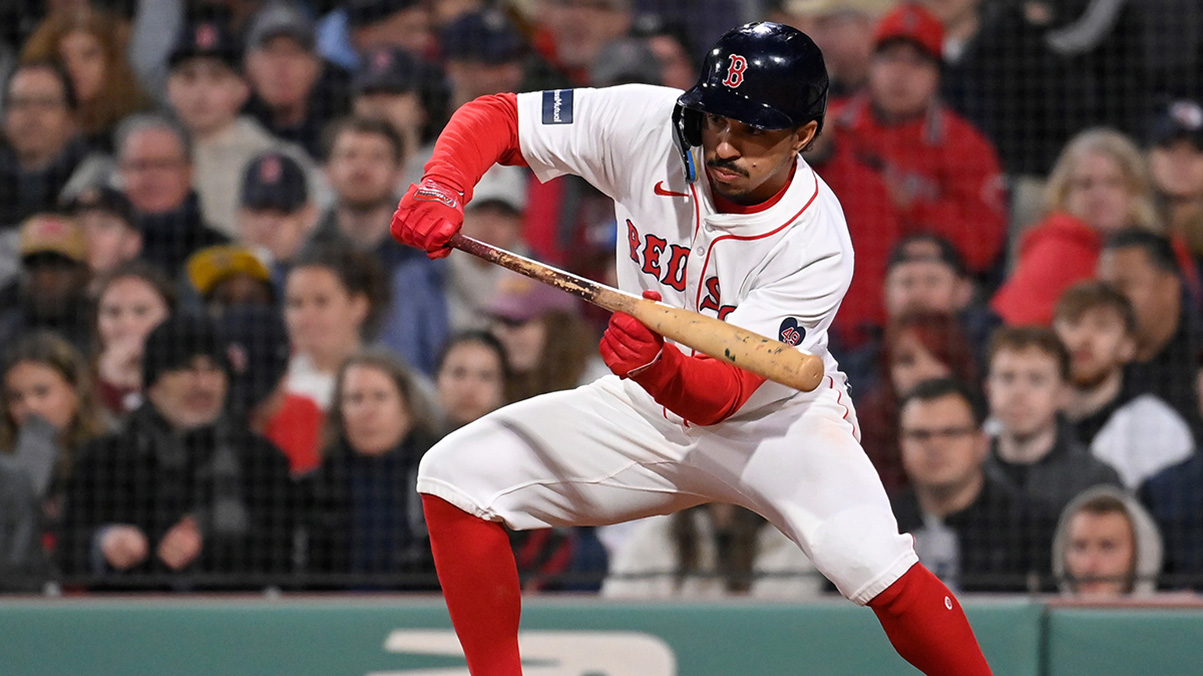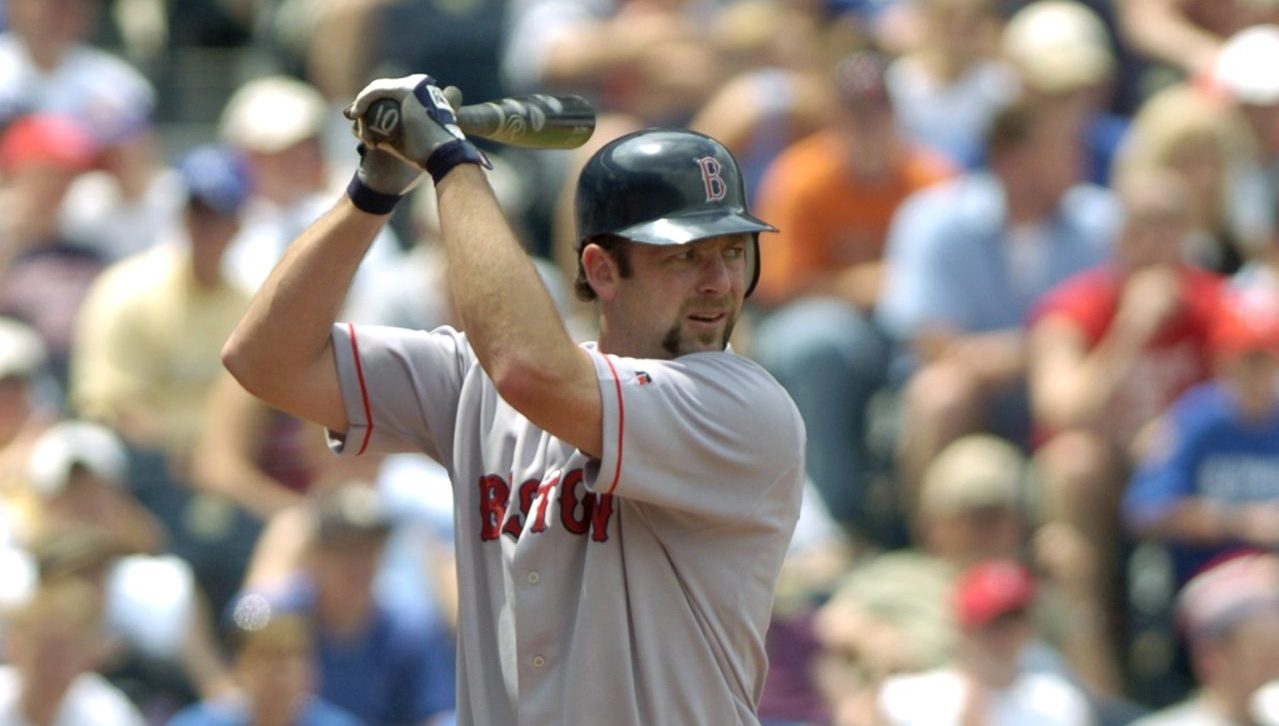
BOSTON — Commissioner Rob Manfred on Tuesday gave explanations to suspension-related issues that directly involved the Yankees but tangentially related to the Red Sox.
Yankees catcher Gary Sanchez on Aug. 25 was suspended for four games for throwing punches against the Tigers a day earlier. Sanchez’s appeal hearing was slated for Friday, Sept. 1, when the Red Sox were in town, and no decision was handed down until after the Sox left.
Why didn’t it get done sooner? The timetable at least made it look like MLB preferred not to take Sanchez away from the Yanks for their series against Boston. Manfred said the matter was handled as it normally would be. (A New York Post report noted the impact of Labor Day.)
“The best way for me to answer that question is that the Sanchez appeal, suspension was handled consistent with a process that’s existed for literally decades,” Manfred said. “When a player is suspended for on-field misconduct he has a right to appeal because you can’t give a missed game back to a player the suspension is held in abeyance. The hearings are scheduled as promptly as they can be scheduled, usually within 10 days. It becomes difficult to do that when you have large numbers of suspensions coming out of one incident, particularly the two teams go in different directions. You have one hearing officer, it’s very difficult to get them all done within that 10-day period and you know, often, often these matters are settled before they get to hearings. You know, I see the Sanchez thing as kind of standard operating procedure.”
During the same Aug. 24 incident that got Sanchez suspended, Yankees righty Dellin Betances hit the Tigers’ James McCann in the head. He received no suspension after being ejected from a game that was tied at 6 at the time.
Red Sox reliever Matt Barnes was suspended for four games earlier this season because he threw in the area of Manny Machado’s head, but did not him. The Sox were ahead, and Dustin Pedroia also was caught on camera trying to explain the decision to throw at Machado.
“Look, I don’t make those disciplinary decisions with respect to on field matters,” Manfred said. “My friend and colleague Joe Torre does. I think that that is a wise decision, or excuse me, division of responsibility because I think in order to make good decisions in that area it involves making judgments that you can only make if you have extensive on field experience. And I think without getting into the Barnes situation, I think that the decision with respect to Betances was grounded in the thought that it was not an intentional act.”
Boston Red Sox
Manfred saw some levity in these questions about the Yankees at Fenway Park.
“It’s interesting, I’ve rarely had this level of interest in an on-field incident that doesn’t involve the club where I am,” he said. “It’s truly astounding. But — yeah, I think that’s fair assumption.”
But if a close game means a presumption of innocence, doesn’t that incentivize teams to throw at players in those situations?
“I don’t think that’s a determinative factor,” Manfred said. “There are a number of factors that in general, and I’m not talking about Joe’s decision-making process in this case, I’m talking about in general, over time, with various on-field disciplinarians. They look at things like the pitcher's demeanor, the game situation, did it make sense that they would be trying to throw at somebody given the particular game situation, the player’s history. A variety of things that I think influence that decision. The umpire’s report, you know those umpires are on the ground, they have a pretty good feel for what goes on. Joe has a lot of information that comes from somebody that’s on the ground which I think is extremely valuable.”


